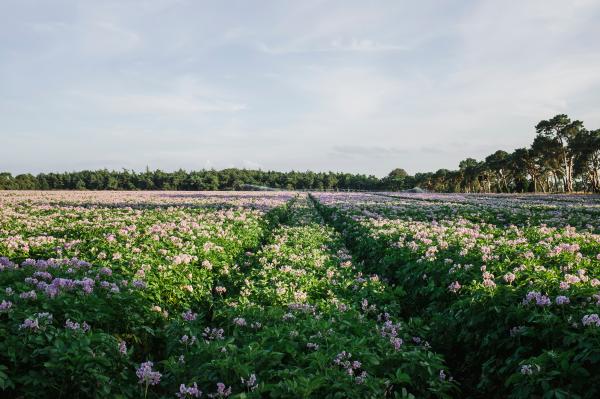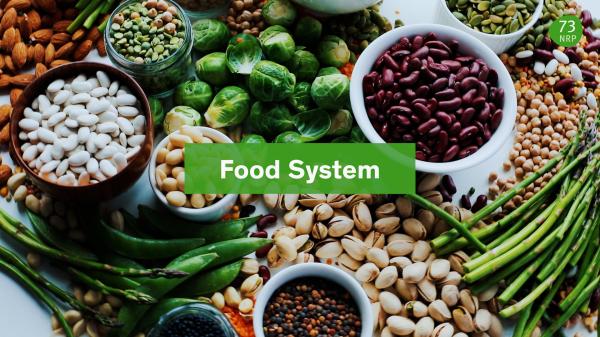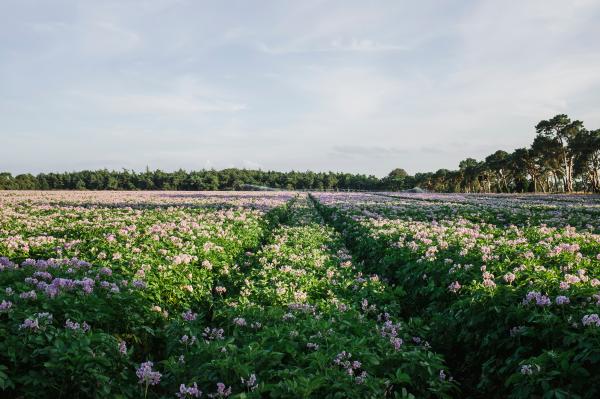Interaction of economy and ecology in Swiss farms
In Swiss agriculture environmental friendly production and economic viability can go hand in hand. The high variability in performance points to a considerable potential for improvement in both dimensions. Producing food, generating income and preserving the environment are not contradictions.

Background
Agricultural production in Switzerland and elsewhere finds itself under increased pressure to improve its environmental performance. At the same time, the economic performance – and notably the income of family workers – is often low. For example, in Switzerland the average income of family workers in agriculture is routinely below the comparative income in the secondary and tertiary sectors. However, there are large differences in the environmental and economic performance between the agricultural product groups. Therefore, we need to analyse performance at product group level.
Aims
This project seeks to gain a better understanding of
-
the variability in both economic and environmental performance within product groups.
-
the relationship between environmental and economic performance within product groups.
Furthermore, the project aims at finding drivers and developing recommendations on how to enable and help agricultural producers with below-average environmental or economic performance to match the performance of their peers.
Results
Differences in environmental and economic performance by product group and region
We found a high degree of variability in both the economic and environmental performance between and within the analysed product groups (milk, beef, cereals, beets and potatoes). Differences within each product group are mainly the result of effects of the farming region (valley, hills or mountains) and farming system (Organic or Proof of Ecological Performance).
Out of these factors, the largest effects were linked to the production region. Production in the valley region of Switzerland showed the highest environmental efficiency, as this region has the most favourable conditions for agricultural production, followed by the hill and mountain regions.
Environmental efficiency differences between farming systems
The differences between the two farming systems Organic and Proof of Ecological Performance (PEP) were less pronounced, with organic farming showing slightly higher environmental efficiency than PEP. However, for cereals production, the environmental efficiency was higher for PEP than for the Organic farming system. This can be partially explained by the relatively high share of extenso producers, who do not use pesticides, insecticides or fungicides. Overall, we found only minor differences between the farming systems.
No trade-offs between environmental efficiency and economic performance
The economic analysis of family workers’ income showed a high degree of variability between as well as within the product groups. Notably for the animal product groups milk and cattle, some cases of negative income per produced output unit were observed. In case of a switch to arable crops we would expect an improvement in environmental efficiency.
Analysis of the correlation between environmental efficiency and economic performance within each product group showed no indication of trade-offs. On the contrary, we found significant evidence that producers with above median environmental efficiency are also more likely to achieve above median economic performance for the product groups milk and beef.
Implications for research
The joint application of a life cycle assessment and a data envelopment analysis proved to be a powerful methodological approach for aggregating environmental impacts and calculating environmental efficiency scores.
Implications for practice
The study identified considerable potential for improving the environmental efficiency and economic performance of Swiss agriculture. The high variability we found particularly for the product groups milk, cattle and potatoes, suggests there is potential for optimisation. Additionally we found no indication that an improvement in either environmental efficiency or economic performance would lead to lower performance in the respective other dimension.
Publications
Project leaders
Dr. Thomas Nemecek
Agroscope
Dr. Nadja El Benni
Agroscope
Project partners
Dr. Markus Lips


